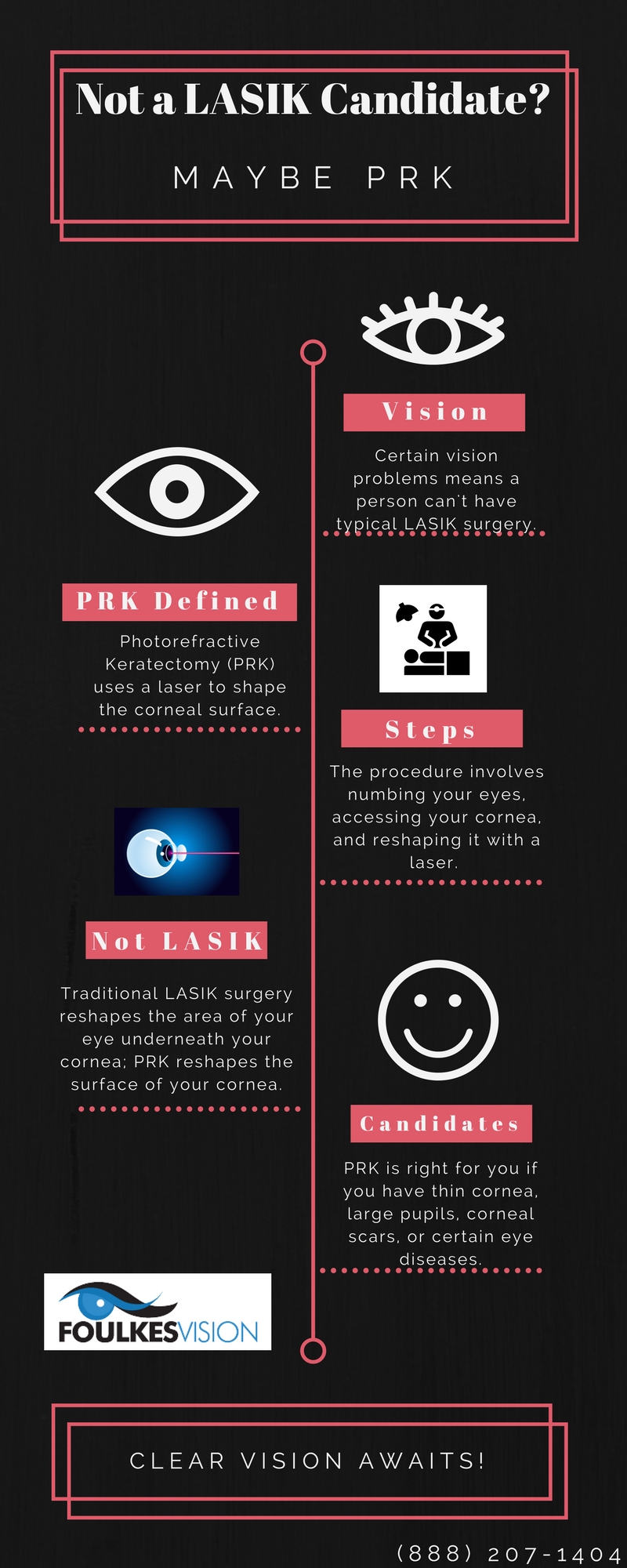Is SMILE Eye Surgical Treatment The Right Choice For You? Crucial Considerations And Insights
Is SMILE Eye Surgical Treatment The Right Choice For You? Crucial Considerations And Insights
Blog Article
Writer-Banke Cooley
If you're pondering SMILE eye surgery, contemplate this: are you prepared to welcome prospective visual flexibility, or does the thought of any kind of risks make you hesitate? Your choice will certainly depend upon a cautious balance of considering the benefits versus the uncertainties. you can check here to delve much deeper into the nuances of SMILE surgical procedure to make an enlightened option that lines up with your visual goals.
Understanding SMILE Eye Surgical Procedure
When considering SMILE Eye Surgical treatment, it is essential to understand the treatment and its benefits. SMILE, which stands for Tiny Cut Lenticule Removal, is a minimally intrusive laser eye surgical treatment that corrects common vision issues like myopia (nearsightedness).
Throughout the treatment, your eye doctor will make use of a femtosecond laser to produce a little laceration in your cornea. Via this laceration, a tiny disc of tissue called a lenticule is gotten rid of, improving the cornea and fixing your vision.
One of the vital benefits of SMILE Eye Surgical procedure is its fast recuperation time. Many people experience enhanced vision within a day or 2 after the treatment, with very little discomfort.
Additionally, SMILE is recognized for its high success rate in providing long-term vision correction. Unlike LASIK, SMILE doesn't need the production of a flap in the cornea, reducing the risk of difficulties and allowing for an extra secure corneal framework post-surgery.
Recognizing the procedure and its advantages is essential when considering SMILE Eye Surgical procedure for vision improvement.
Pros and Cons of SMILE
Taking Into Consideration SMILE Eye Surgical procedure for vision improvement features different advantages and possible disadvantages.
One of the major pros of SMILE is its minimally intrusive nature, as it includes a tiny incision and commonly results in fast recuperation times. https://www.dailystrength.org/journals/is-cataract-eye-surgical-treatment-right-for-you-aspects-to-th-2 is also understood for creating minimal pain and completely dry eye signs and symptoms post-surgery compared to other vision improvement methods. Additionally, SMILE has been shown to offer outstanding visual end results, with many clients attaining 20/20 vision or better.
On the other hand, a potential disadvantage of SMILE is that it may not be suitable for individuals with extreme refractive mistakes, as the treatment array is rather restricted compared to LASIK. One more factor to consider is that the discovering contour for cosmetic surgeons applying SMILE can affect the availability of experienced service providers in specific locations.
It is very important to consider these advantages and disadvantages very carefully when choosing if SMILE is the ideal option for your vision modification needs.
Establishing Qualification for SMILE
To determine if you're eligible for SMILE eye surgery, your optometrist will carry out a comprehensive evaluation of your eye health and wellness and vision requirements. During this evaluation, factors such as the security of your vision prescription, the thickness of your cornea, and the overall wellness of your eyes will be examined.
Typically, prospects for SMILE are over 22 years old, have a steady vision prescription for a minimum of a year, and have healthy corneas without problems like keratoconus.
Your ophthalmologist will certainly also consider your total eye wellness, any existing eye conditions, and your lifestyle needs to determine if SMILE is the ideal option for you. It's essential to interact any certain visual requirements or concerns you might have during this evaluation to guarantee that the treatment lines up with your assumptions.
If you aren't eligible for SMILE, your ophthalmologist may suggest alternate vision adjustment options that better fit your private needs and eye health condition.
Final thought
Ultimately, making a decision whether SMILE eye surgery is right for you calls for careful factor to consider of your individual eye wellness and visual needs. Consult with your eye doctor to identify your qualification for the treatment and consider the potential benefits and downsides. Remember to interact any type of problems or concerns you may have throughout the analysis procedure to make an enlightened choice regarding your vision adjustment alternatives.
